Overview
Our ecosystem faces a number of hazards that can threaten its health and stability. These hazards include:
- Climate change and global warming
- Pollution and waste disposal
- Deforestation and habitat loss
- Invasive species
- Overfishing and marine depletion
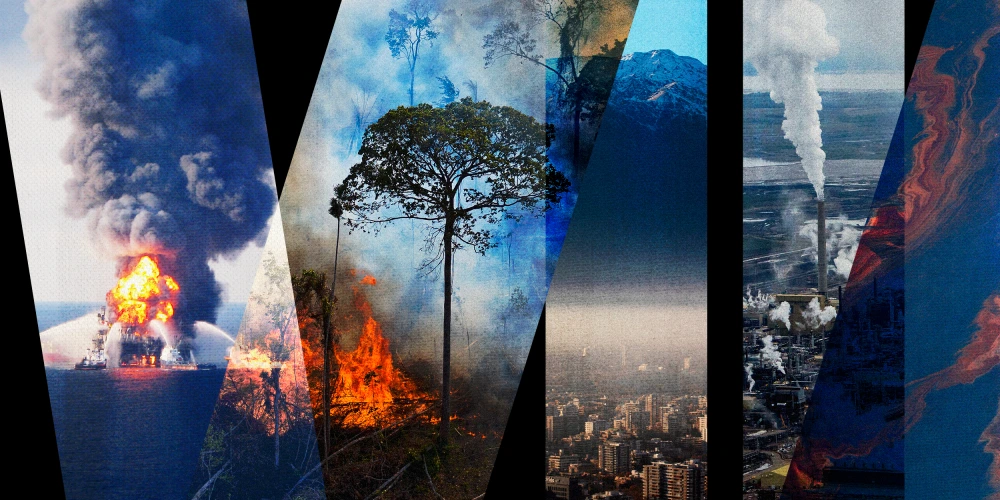
Climate Change
Climate change is one of the most pressing hazards facing our ecosystem today. Rising temperatures, changing rainfall patterns, and more extreme weather events can have significant impacts on ecosystems and the species that rely on them. To mitigate these impacts, we need to reduce greenhouse gas emissions and transition to more sustainable energy sources.
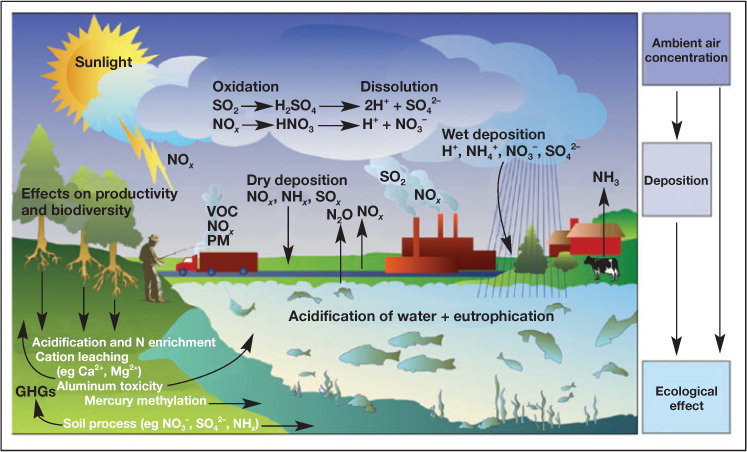
Pollution
Pollution from human activities can have a range of negative impacts on ecosystems. This can include water pollution from industrial and agricultural runoff, air pollution from vehicle emissions and industry, and soil pollution from improper waste disposal. To reduce pollution hazards, we need to implement stricter regulations and practices to reduce our impact on the environment.
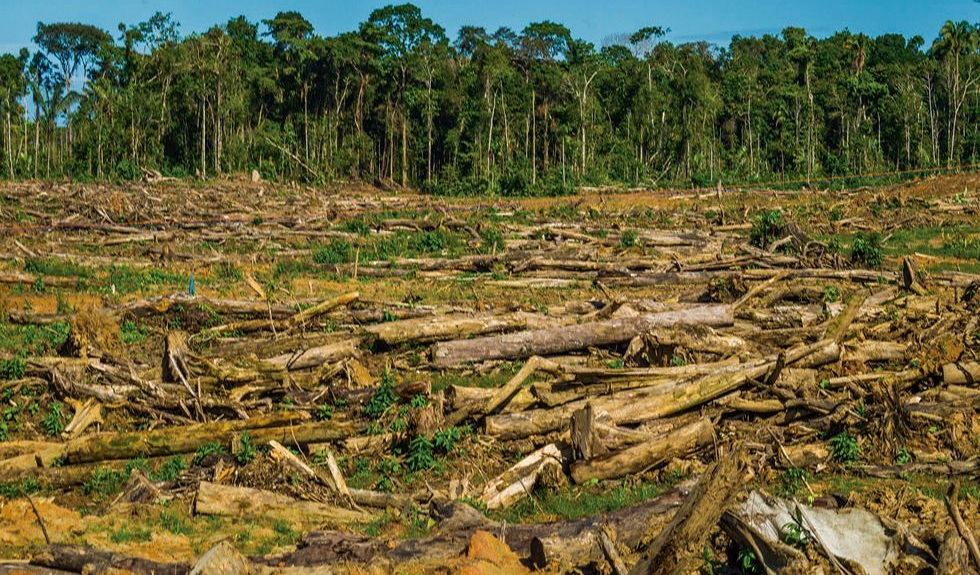
Deforestation
Deforestation and habitat loss can have significant impacts on ecosystems, including loss of biodiversity and disrupted nutrient cycles. To mitigate these hazards, we need to promote sustainable forestry practices and protect natural habitats.
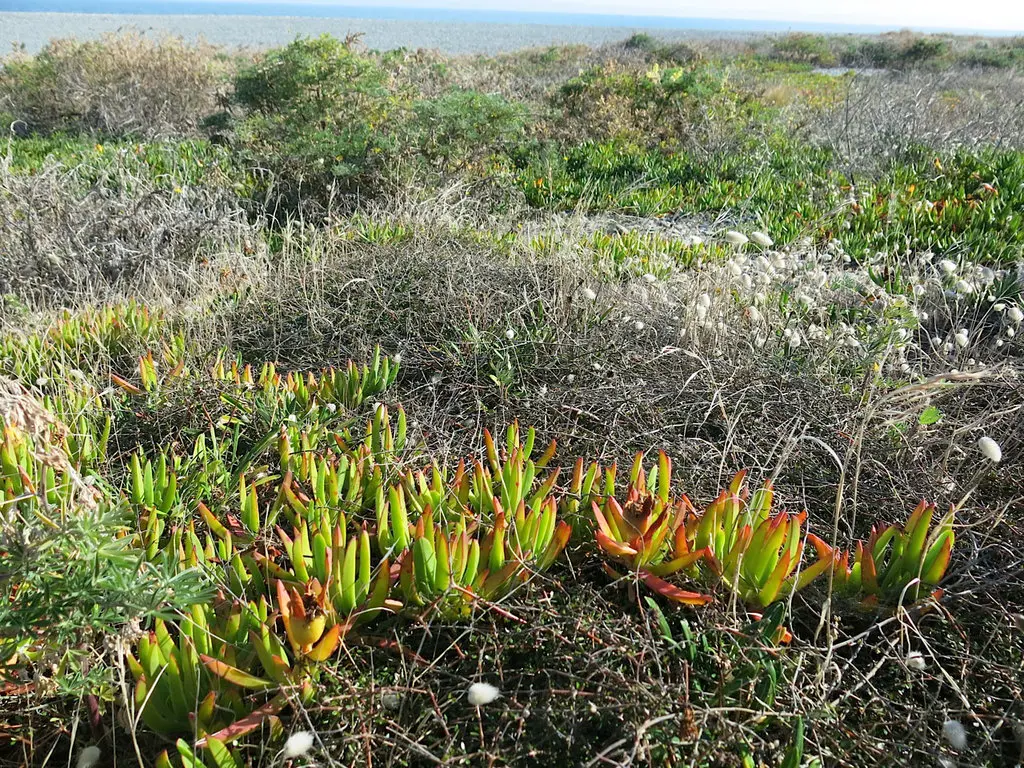
Invasive Species
Invasive species can cause significant harm to ecosystems by outcompeting native species and disrupting the balance of the ecosystem. To prevent invasive species hazards, we need to implement stricter regulations on the importation of non-native species and improve our ability to detect and respond to invasive species.
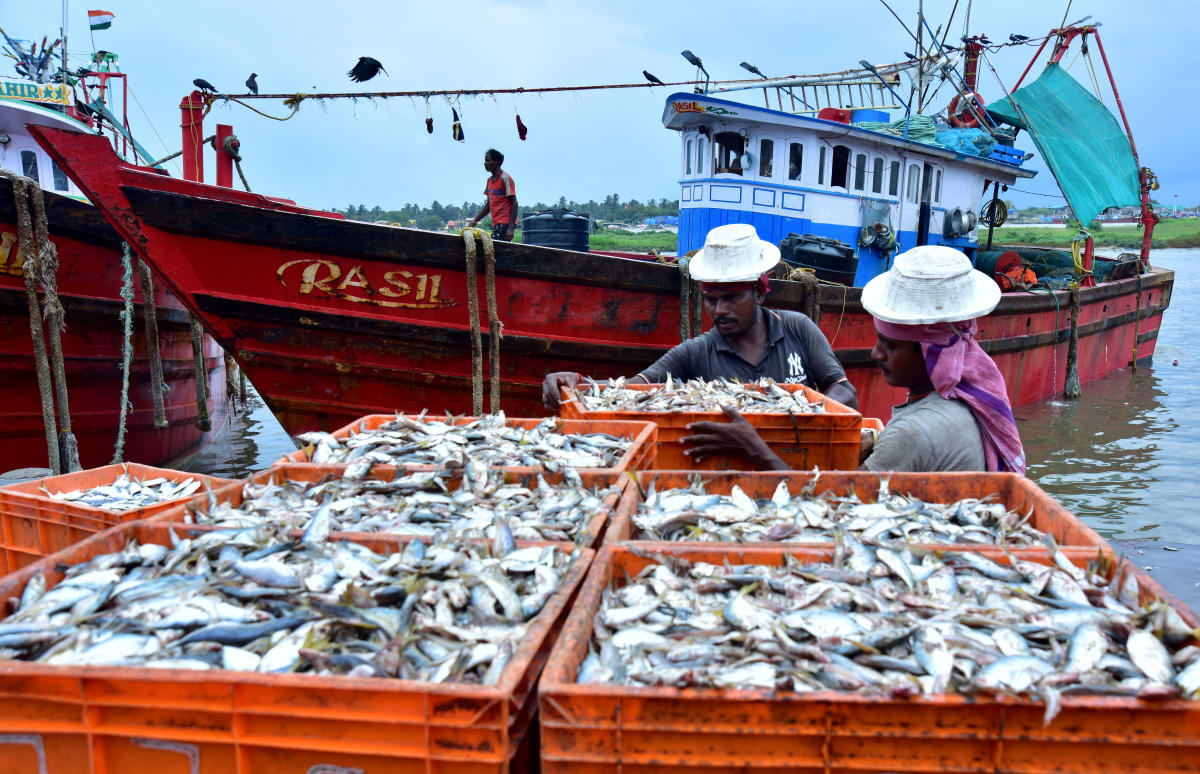
Overfishing and Marine Depletion
Overfishing and marine depletion can have significant impacts on ocean ecosystems, including loss of biodiversity and disrupted nutrient cycles. To mitigate these hazards, we need to implement sustainable fishing practices and protect vulnerable marine species.